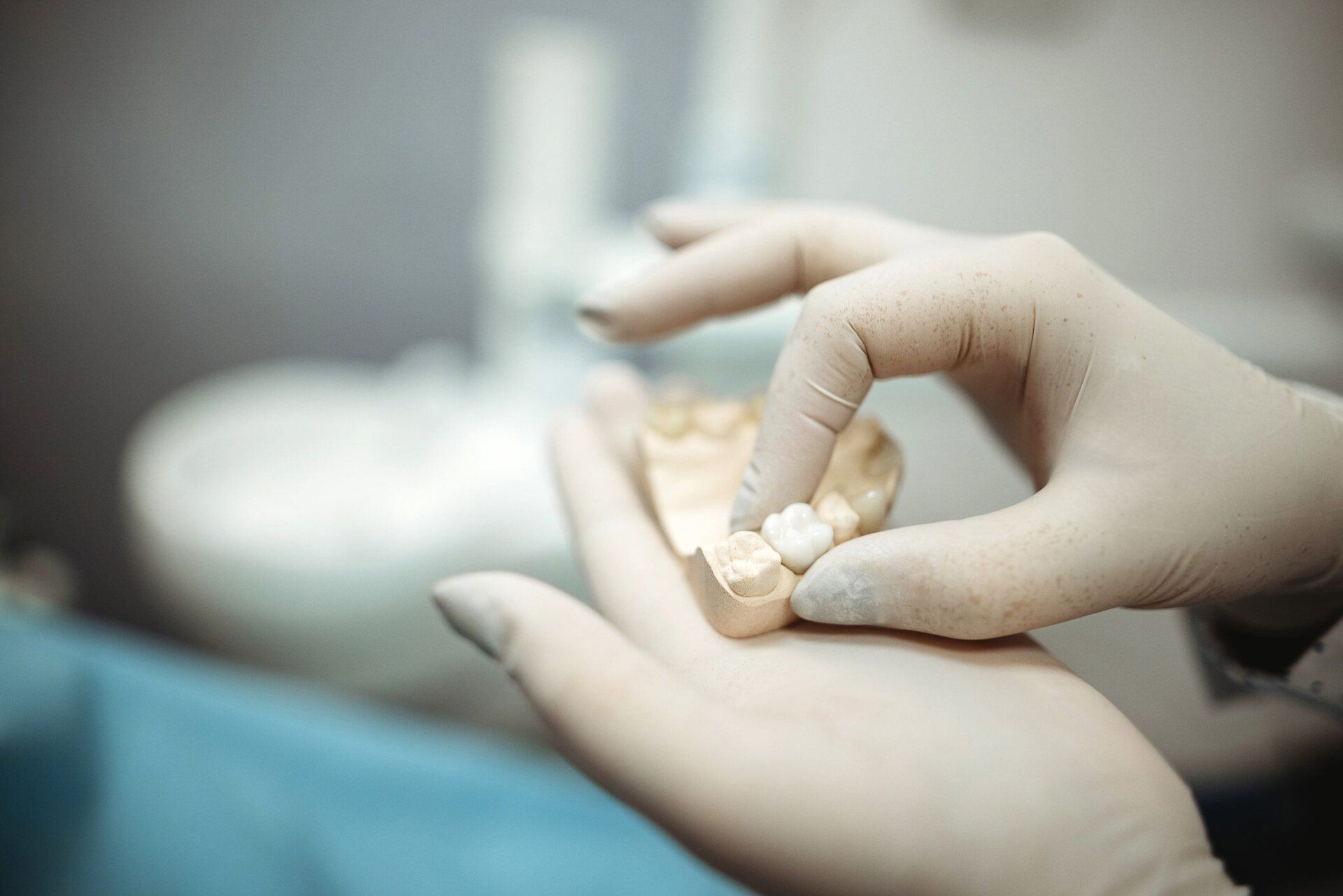All About Dental Abscesses
An abscess is a severe infection. It is a pus pocket that develops within the body tissues, and is typically caused by bacteria. Abscesses are usually accompanied by inflammation, and dental abscesses affect your teeth and nearby jaw tissue. Here is what you need to know about dental abscesses and how they are treated.
Periapical Abscess
A periapical abscess is a type of dental abscess that typically develops in the area of the tooth root. While more common in children, they can develop in adults. Children who have poor dental health are more at risk for developing periapical abscesses than those who practice good dental hygiene.
Poor dental hygiene can cause cavities, which weaken tooth enamel and dentin, allowing infection-causing bacteria to access the pulp, the soft tissue inside the tooth. When this happens, inflammation of the tooth pulp develops, which can cause nerve death inside the tooth.
Since dead tissue is more prone to infection, the risk for an abscess increases. When bacteria gets inside the pulp, it causes an inflammatory response, known as pulpitis. People who have long-standing pulpitis may be at a greater risk for a periapical abscess.
Periodontal Abscess
A periodontal abscess is more common in adults, and may be a complication of gum disease. It typically develops in the alveolar bone and other supporting structures of the teeth, and can cause your teeth to loosen, which triggers inflammation in the surrounding area.
This can cause a pocket to form between the soft tissue and your tooth, which increases your risk for infection and subsequent periodontal abscess. While your general dentist can treat a periodontal abscess, he or she may instead refer you to a periodontist, who specializes in diagnosing and treating gum disease.
Symptoms
Dental abscesses often cause pain in the tooth and surrounding gum tissue. This pain may also radiate to the jaw, facial area, neck, and cheeks, depending upon where the dental abscess is located. Signs and symptoms of a dental abscess include:
- Severe, throbbing toothache
- Tooth sensitivity to hot and cold
- Tooth sensitivity when chewing or biting
- Fever
- Facial or cheek swelling
- Swollen lymph nodes
- Foul-tasting fluid inside your mouth
- Bad breath
- Difficulty breathing
- Difficulty swallowing
If you develop any of the above symptoms, see your dentist as soon as possible. Failure to treat dental abscesses may result in serious complications.
If you develop facial swelling and fever and are unable to see your dentist, seek emergency medical care. Additionally, if you are short of breath or have trouble swallowing, go to the nearest hospital emergency room. The aforementioned symptoms may mean that your abscess infection has spread to other parts of your body.
Treatment
If you suffer from a periapical abscess, a root canal will treat the infection. During a root canal procedure, your dentist will drill a hole into the infected tooth to drain pus and remove any dead tissue contained in the pulp. The hole will then be filled with a special material to prevent future infections.
To treat a periodontal abscess, your dentist will drain the abscess and thoroughly clean the area. The root of the abscessed tooth will then be scaled and planed below your gum line so that the tooth heals.
These procedures will help prevent future abscesses from developing. In some cases, surgery may be needed to remove diseased tissue. This type of surgery is performed by an oral surgeon, and is typically reserved for those whose abscesses cause recurring infections. In addition to the surgery, the oral surgeon may need to reshape the gum tissue.
Your dentist may also prescribe antibiotics to prevent the spread of infection, and recommend over-the-counter pain relievers to help keep you comfortable.
To learn more about dental abscesses, or to schedule an appointment for an examination or professional dental cleaning, contact us today.







